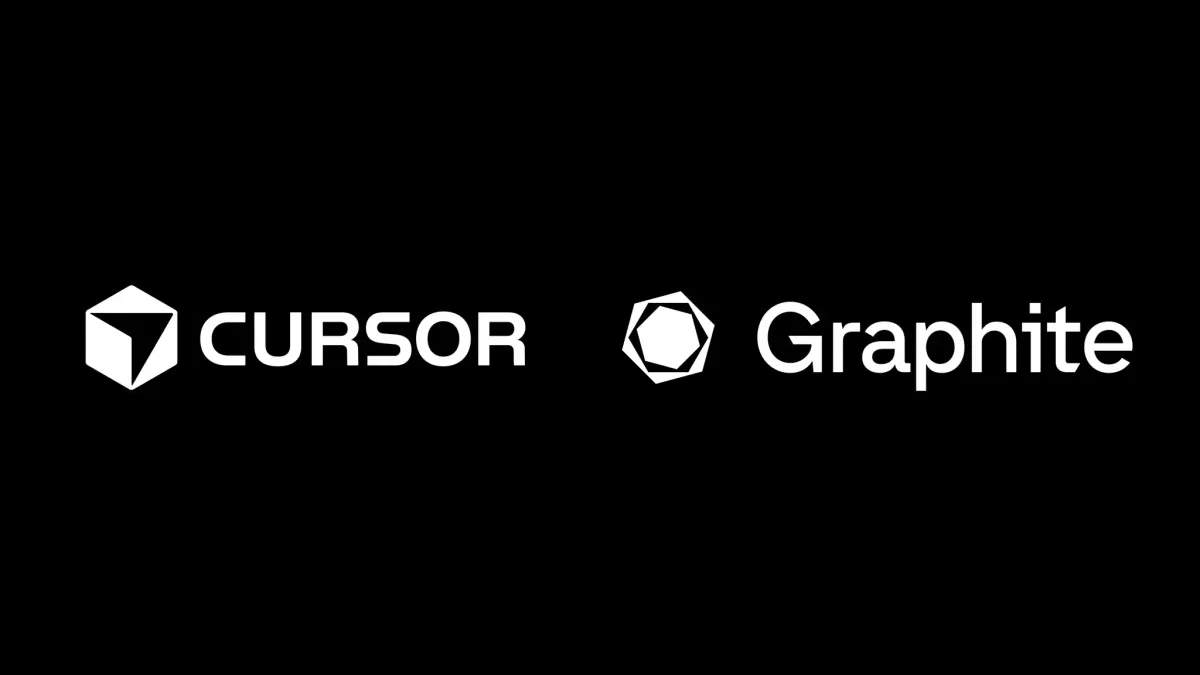The AI Highlights Review brings together the content recently featured at Data Phoenix. This edition's opener story concerns Apple's potential plans to infuse the new AI-powered Siri with third-party models running entirely on Apple's infrastructure, likely from Anthropic or OpenAI, instead of using its in-house AI models, which already power many of the features marketed under the Apple Intelligence umbrella.
It is no secret that the overall perception is that Apple is quickly lagging behind the top players in the AI industry, like OpenAI, Google, and Anthropic. Most of the announced Apple Intelligence features have been delayed to some extent, and once launched, have enjoyed at best lukewarm reception. Making matters more critical is the fact that Apple already gives users the option to route any queries its in-house AI isn't able to handle to OpenAI's ChatGPT.
To some, using third-party technology to power such a prominent feature as Siri may appear an admission of defeat. However, the move would not be unheard of, as other companies have previously decided to power their AI features using technology from third parties. Such is the case of Samsung, which markets its AI features under the Galaxy AI label, with many of them being based on Gemini's capabilities. Another notable case is Amazon, which currently leverages Anthropic's technology to power parts of the new Alexa+.
Still, Apple hasn't made any final decisions on the matter and continues to develop a version of Siri fully powered by proprietary AI technology. Moreover, Apple is set to continue development of its on-device models, which currently power features such as email summarization and Genmoji generation. The company will soon enable third-party access to these on-device models for developers to integrate AI features based on the technology into their projects.
Other noteworthy recent headlines
Tech companies score significant copyright wins as creators keep fighting against unauthorized use: Two recent court rulings determined that Anthropic and Meta's use of massive amounts of scraped text to train their AI models is consistent with fair use. The rulings will help shape a legal landscape in which creators and publishers continue to fight against unauthorized use of their content.
Legal tech provider Clio is acquiring legal intelligence platform vLex for $1B: Clio, a leading legal technology company, announced a $1 billion acquisition of vLex, a legal intelligence platform with advanced AI capabilities, creating a unified system that bridges legal practice management with comprehensive legal research and marking the largest deal in Clio's history.
Synthflow AI raises $20M Series A to scale its enterprise voice AI platform: Synthflow AI raised $20 million in Series A funding to scale its no-code enterprise voice AI platform. Synthflow claims its platform has processed 45 million calls for more than 1,000 customers, and saved 5 million hours of contact center operations.
Abridge raises $300M Series E to transform healthcare documentation with AI: Abridge raised $300 million in Series E funding led by Andreessen Horowitz to scale its AI platform that converts medical conversations into compliant documentation in real-time. Abridge currently serves over 150 health systems; studies show it reduces clinician burnout by up to 70%.
Meta's recruiting blitz scores major AI talent for its "superintelligence" effort: Meta's aggressive AI recruiting campaign, featuring multi-million-dollar compensation packages and outreach directly from Mark Zuckerberg, has successfully poached key researchers from OpenAI, Google, and Anthropic. Newly hired talent will be organized as a new "superintelligence" division.
Harvey AI soars to $5B valuation with $300M Series E funding: Harvey AI, a legal AI startup, raised $300 million in Series E funding at a $5 billion valuation—a 67% increase from just four months ago. Harvey plans to expand its workforce and diversify beyond legal services into other professional areas, like tax accounting.
Mira Murati's secretive startup Thinking Machines Lab raises $2B: Former OpenAI CTO Mira Murati has raised $2 billion for her mysterious six-month-old startup, Thinking Machines Lab, at a $10 billion valuation. Notably, the startup has revealed virtually no details about its actual product or plans.
Cluely, which launched promising to help users cheat on everything, raised $15M: Cluely, the controversial AI startup that helps users "cheat on everything," raised $15 million from Andreessen Horowitz just months after raising a $5.3 million seed round.
BBC demands Perplexity stop using its content, threatens legal action against the startup: The BBC is threatening legal action against Perplexity AI for allegedly reproducing BBC content without permission, marking the first time the British broadcaster has taken such steps against an AI company over copyright infringement.
OpenAI-Microsoft partnership reportedly reaching breaking point: Microsoft and OpenAI continue to clash over OpenAI's for-profit conversion terms, ownership stakes, and intellectual property rights. OpenAI reportedly does not want to give Microsoft access to Windsurf's intellectual property, and even considered accusing Microsoft of anticompetitive behavior.





Comments